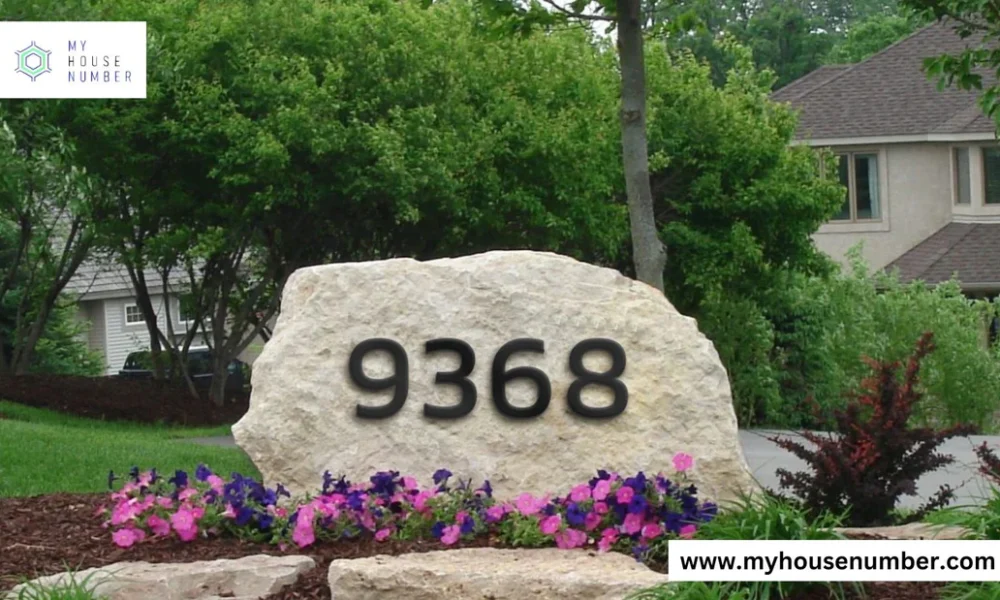Choosing the right house number signs can make a significant impact on the appearance and functionality of your home. Not only do they serve a practical purpose in helping visitors and emergency services locate your residence, but they also add to the overall aesthetic of your home’s exterior. With so many options available, it can be overwhelming to decide which type of house number sign is right for you. In this blog post, we’ll explore various factors to consider when selecting a house number sign that suits your style and meets your needs.
Consider Your Home’s Architectural Style
Your house number sign should complement the architectural style of your home. For a traditional home, consider classic brass or engraved wooden signs. These materials give a timeless and elegant feel. Conversely, modern homes often look best with sleek and minimalist designs, such as stainless steel or acrylic numbers. When in doubt, consider the primary colours and materials used in your home’s exterior and choose a sign that will harmonise with those elements.
Think About Visibility and Legibility
Functionality is key when selecting a house number sign. Ensure the numbers are large enough to be seen from the street and contrast well with the background. For example, dark numbers on a light background are easier to read than light numbers on a light background. Also, consider the placement of the sign. It should be well-lit, especially if it’s placed in an area that’s often under shadow. Reflective materials or backlit signs can be excellent choices to improve night-time visibility.
Material Matters
The material of your house number sign affects its durability, maintenance, and appearance. Metal signs, such as those made from stainless steel, aluminium, or brass, are durable and often weather-resistant, making them ideal for outdoor use. Wooden signs offer a warm, natural look but require more upkeep to protect against the elements. Acrylic and other modern materials can be durable and offer a wide range of customisation options, including colour and design.
Customisation and Personalisation
One of the great advantages of modern house number signs is the ability to customise them to suit your personal taste. From font style to colour choices, many manufacturers offer a range of options to help you create a sign that is uniquely yours. If you want something truly bespoke, consider having your house number sign custom-made. This allows you to incorporate unique design elements that reflect your personality and the character of your home.
Installation and Maintenance
Think about how and where you’ll install your house number sign. Some signs are designed to be wall-mounted, while others can be affixed to posts or placed on the lawn. Make sure you have the necessary tools and hardware for installation, or hire a professional if needed. Additionally, consider the maintenance requirements of the material you choose. Metal signs may need occasional polishing, wooden signs might require re-sealing, and acrylic signs may simply need regular cleaning to keep them looking their best.
Budget
Finally, consider your budget. House number signs come in a broad range of prices, from affordable to high-end options. Set a budget that reflects the importance of this feature to your home’s curb appeal and functionality. Remember that a more expensive sign made from durable materials might save you money in the long run by reducing the need for replacements or extensive maintenance.
Conclusion
Choosing the right house number sign involves balancing aesthetics, functionality, durability, and cost. By considering your home’s architectural style, ensuring visibility and legibility, selecting the appropriate material, exploring customisation options, and planning for installation and maintenance, you can find the perfect house number sign that meets your style and needs. Take your time to explore different options and make a choice that enhances both the beauty and practicality of your home.
